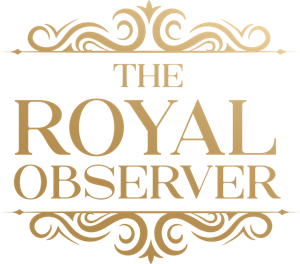The Real Philip

April 13 2021, Published 1:28 p.m. ET
Whenever anyone asked me who my favourite royal was I’d always answer: “Prince Philip.”
So, I was deeply saddened when he passed away last week, just two months short of his 100th birthday.
He was controversial, irascible and sometimes downright rude — but I’m so glad he was a free-thinker who didn't care what the reaction was to his comments.
Unlike politicians, he would never apologise if one of his so-called “gaffes” caused offence.
The problem was with the person who got offended in his eyes.
I spent many hilarious days following the Iron Duke on royal tours around the world, and given the choice, I always went with him if he had a different program from the Queen.
I always knew he would provide entertaining and colourful copy.
It wasn’t just the gaffes — he had an incredible thirst for knowledge and liked to challenge whoever he met to justify their words and deeds.
If an expert told him something about a project he was visiting, be it a factory or farm or laboratory, he would always put them on the spot and ask awkward questions.
But he had a soft side and took time to talk to ordinary people, never treating them as inferiors.
In Jamaica, I once saw him talk for 20 minutes to a little orphan boy nestling against his knee.
And visiting a fishing village, he burst into the kitchens of a beach-side bar and had a beer with the chef, all quite unannounced.
For seven decades, Philip was the power behind the throne, and the Queen would be the first to admit that she could not have had such a long and successful reign without his love and support.
In public, he hid his true character behind verbal armour-plating, but perhaps a glimpse of the real Philip was revealed in a beautiful prayer he composed about the environment for a children’s charity book.
“O Lord, the creator of the Universe and author of the laws of nature, inspire in us thy servants the will to ensure the survival of all the species of animals and plants, which you have given to share this planet with us.
“Help us to understand that we have a responsibility for them and that ‘having dominion’ does not mean that you have given us the right to exploit the living world without thought for the consequences.
“Through him who taught us that Solomon in all his glory could not compare with the beauty of the flowers of the field.”
